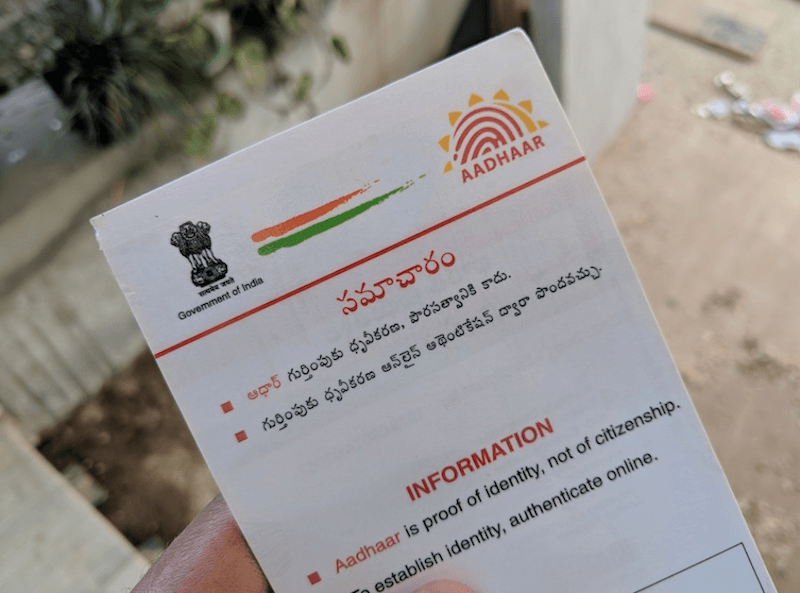The Unique Identification Authority of India (UIDAI) has proposed a new form of verification which is being called a Virtual ID. Besides Aadhaar number, starting July 1, consumers will also be able to use their virtual IDs to issue a new SIM or to re-verify their old numbers. Other ways of verifications which the authorities can make use of includes the limited KYC (Know your Customer) way, in which only the information required for verification is shared. It goes without saying that these new forms of verification present a much better for both the authorities and the consumers alike when it comes to carrying out documentation. These methods come with improvements over the other ancient ways of verification like rental pacts, bank passbooks etc.

The Department of Telecommunications (DoT) has also issued a notice to all the telecom operators on June 12 in which it said “All licensees shall implement the changes proposed by UIDAI regarding use of virtual ID as an alternative of Aadhaar number, UID tokens and limited KYC concept in their systems, networks subject to adherence of existing Aadhaar based e-KYC processes for using new mobile connection to subscribers and re-verification of existing mobile subscribers.”
To recall the details, in March this year DoT had increased the deadline for reverification of SIM card holders. The matter came to court when the validity of Aadhaar and its enabling law was questioned by many. Even then, the reverification process continues while the matter remains pending in the apex court.
The government had also clarified that Aadhaar was not mandatory for issuing new SIMs to subscribers. Further, the notice by DoT said: “After implementation of such changes in Aadhaar ecosystem, licensees shall give the option to the subscriber of feeding either Aadhaar number or virtual ID as per his/her choice.”
It also directed the telcos to replace Aadhaar numbers by UID tokens as a one-time measure for reverification.
In January, after the speculations regarding the pervasive usage of Aadhaar surfaced, the government decided that it was time for two new methods – virtual ID and limited KYC. These two methods ensured privacy and strengthened the security of Aadhaar number holders at the time of authentication.
UIDAI clarified that the virtual ID is a 16-digit number which will be “temporary and revocable at any time,” and will be mapped to the Aadhaar number, however, this won’t mean that the authenticators will be able to derive the Aadhaar number from this ID. This new virtual ID would serve as a proper replacement in lieu of Aadhaar number at the time of authentication.
It is also worth knowing that the limited KYC option restricts full access to customer’s demographic data to authentication agencies thus being more secure and private for the users. For instance, an agency requiring only name and address will only be provided with just that, nothing more. Also, the deadline for implementation of these options has been extended till July 1, which was previously set to be June 1.















